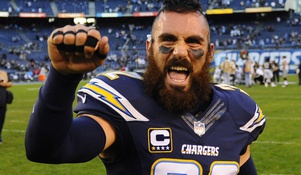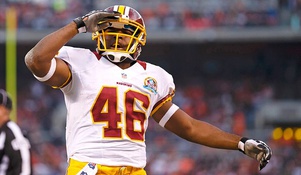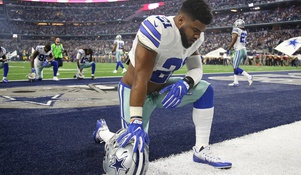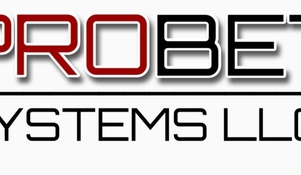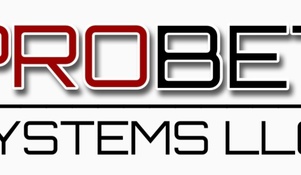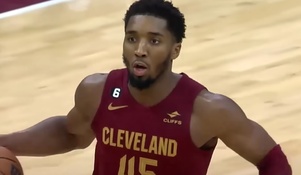Off with the Hack-a-Shaq
By any means necessary a team will find a way to win a game regardless of what the situation may be. So, why not pick on the weakest link of the opposing team?
According to NBA commissioner Adam Silver, a change is going to come soon when it comes to the usage of the "hack-a-shaq."
"I'm increasingly of the view that we will be looking to make some sort of change in that rule this summer," Silver told USA Today Sports. "Even for those who had not wanted to make the change, we're being forced to that position just based on these sophisticated coaches understandably using every tactic available to them. It's just not the way we want to see the game played."
The birth of the "hack-a-shaq" before it was even called "hack-a-shaq" goes back to the 1997 Chicago Bulls with Dennis Rodman. At the time Rodman's free throw percentage was at a low of 38%. However, when you have an efficient offense led by Michael Jordan and Scottie Pippen, the "hack-a-shaq" becomes pretty much irrelevant. Therefore, the "hack-a-shaq" strategy was reborn during the 2000-01 Los Angeles Lakers season with Shaquille O'Neal. Shaq's free throw percentage was at a low of 38%. Even though his free throw percentage did approve throughout his career with the help of Ed Palubinskas, he continued to suffer at the line with his future teams. That's how the "hack-a-shaq" gained its name.
In today's game we have players like Clippers' DeAndre Jordan, Houston Rockets' Dwight Howard, and Detroit Pistons' Andre Drummond getting victimized almost every game by the forsaken hack strategy due to their low free throw percentages.
One way we could end this madness of the hack would be to make our free throws. But, is it really that simple?
"As I travel around the league, there's that one school of thought that guys have got to make their free throws," Silver told USA Today. "But then at the end of the day, we are an entertainment property, and it's clear that when you're in the arena, that fans are looking at me, shrugging their shoulders with that look saying, 'Aren't you going to do something about this? "
Andre Drummond, for instance, was intentionally fouled 21 times and set an NBA record when he missed 23 free throws out of 36 attempts in a victory against the Rockets on January 21.
If you're fouled 21 or more times in one single game; the NBA may have a problem.
"Clearly that's not a natural basketball move," Silver told USA Today. "That's something that, in my view, we need to address quickly because ultimately there's nothing more important than the health and safety of our players. Again, I think that's an accident waiting to happen with guys jumping on each other's shoulders just trying to attract officials' attention to call a foul."
To be or not to be "hack-a-shaq? " That is the question.

